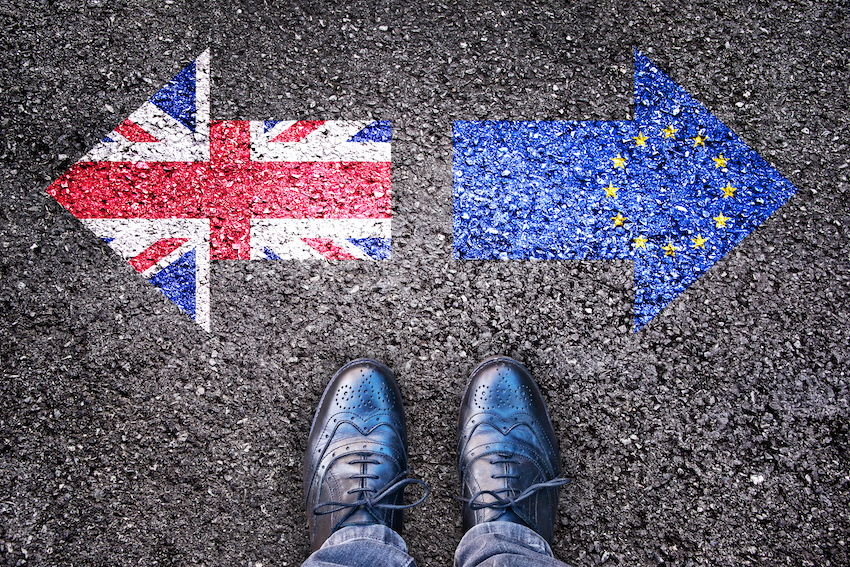Brexit, the term coined for Britain’s exit from the European Union (EU), has been one of the most significant political events in recent history. The decision, marked by a 2016 referendum, has had profound and far-reaching effects on both the UK and the global landscape. This article delves into the complexities of Brexit, exploring its causes, processes, and wide-ranging impacts.
The Roots of Brexit
Brexit’s origins lie in a combination of factors, including long-standing Euroscepticism, economic grievances, and nationalistic sentiments. Euroscepticism, particularly strong within certain factions of British politics, questioned the benefits of EU membership and the loss of national sovereignty. Economic concerns, such as the perception that EU regulations stifled British businesses, also fueled the desire to leave. Additionally, issues of immigration and the strain on public services played a pivotal role in swaying public opinion.
The Brexit Process
The Brexit process has been lengthy and complex, beginning with the 2016 referendum where 52% of voters opted to leave the EU. This set off a series of negotiations and political maneuvers, culminating in the UK formally leaving the EU on January 31, 2020. The subsequent transition period, which ended on December 31, 2020, allowed both parties to negotiate their future relationship, resulting in the Trade and Cooperation Agreement (TCA).
Economic Implications
Brexit has had significant economic implications for the UK, the EU, and the global economy. For the UK, the immediate aftermath saw a depreciation of the pound and a period of economic uncertainty. Trade barriers and new customs procedures have disrupted supply chains, affecting businesses and consumers alike. The financial sector, a critical part of the UK economy, has also faced challenges, with some firms relocating to EU financial hubs.
The EU has experienced its own set of challenges, losing one of its largest economies and a key political player. The global impact includes shifts in trade patterns, with countries adjusting their trade relationships with both the UK and the EU. Additionally, multinational companies have had to navigate the new regulatory environment, affecting global supply chains and investment flows.
Political and Social Consequences
Politically, Brexit has reshaped the UK’s internal dynamics. It has heightened tensions between the UK’s constituent nations, particularly Scotland and Northern Ireland, where there are strong pro-EU sentiments. The possibility of Scottish independence and the complexities of the Northern Ireland Protocol remain contentious issues.
On a broader scale, Brexit has emboldened Eurosceptic movements across Europe, influencing political discourse and policy. The EU, meanwhile, has been forced to reassess its unity and future direction, addressing concerns of integration and sovereignty.
The Global Perspective
From a global perspective, Brexit has altered the geopolitical landscape. It has shifted alliances and trade relationships, compelling countries to renegotiate agreements with both the UK and the EU. The United States, China, and other major economies have had to adjust their strategies in response to the new European order.
Brexit has also highlighted the complexities of globalization and the challenges of maintaining economic integration while respecting national sovereignty. The long-term effects on global trade, investment, and political alliances are still unfolding, making Brexit a pivotal case study in the 21st century.
Frequently Asked Questions About Brexit
What is Brexit? Brexit is the term used to describe the United Kingdom’s exit from the European Union, which was decided by a 2016 referendum.
Why did the UK leave the EU? The UK left the EU due to a combination of factors, including Euroscepticism, economic concerns, immigration issues, and a desire for greater national sovereignty.
What are the economic impacts of Brexit? Brexit has caused economic disruptions, including trade barriers, supply chain issues, and challenges for the financial sector. The long-term economic impacts are still being assessed.
How has Brexit affected UK politics? Brexit has reshaped UK politics, increasing tensions between its constituent nations and influencing debates on Scottish independence and the Northern Ireland Protocol.
What are the global implications of Brexit? Brexit has altered global trade patterns, influenced geopolitical alliances, and highlighted the complexities of globalization and national sovereignty.
Conclusion
Brexit represents a significant turning point in modern history, affecting not only the UK and the EU but also the global community. Its complexities and consequences continue to unfold, providing valuable lessons on the interplay between national sovereignty and economic integration. As we navigate the post-Brexit era, understanding its multifaceted impacts is crucial for policymakers, businesses, and individuals worldwide.




